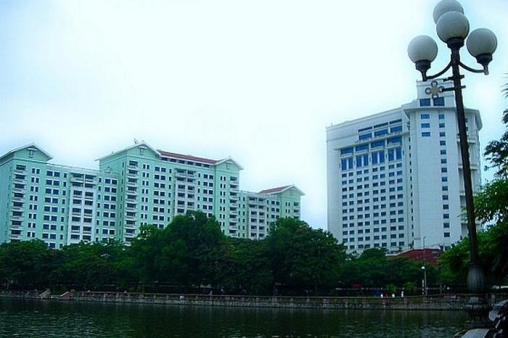
Weak Vietnamese banks force Moody’s rate cut
Moody's Investors Service has downgraded Vietnam's credit rating on growing concerns over its weakening banks and its rapidly cooling economy.
The downgrade to B2 from B1 for government bonds issued in local or foreign currency, which pushes these bonds further into junk territory, means Vietnam faces higher borrowing costs if it sells new bonds. It could also deter foreign investment.
Moody's also lowered its view on the eight Vietnamese banks it assesses, saying there is a greater likelihood they will need government support to survive amid much poorer asset quality and pressures on their profitability.
In the wake of a growing banking scandal, Vietnam's government pledged last week to revamp banks weakened by regulatory violations and prosecute anyone found guilty of misconduct.
"The government is serious in investigating violations at every level of the banking system and punishing those responsible regardless of who they are," said the State Bank of Vietnam.
Moody's highlighted the vulnerability of Vietnam's banks, which are facing a growing bad-debt problem after years of unrestrained credit growth and subsequent policy tightening.
In August, the central bank said the bad-debt ratio was thought to be 8.6% to 10%, significantly above what was previously acknowledged.
It noted that banks' weakness had curbed their ability to lend to the economy. The government, if saddled with the cost of bank bailouts, might not be able to provide sufficient fiscal stimulus if global growth slows further.






















 Advertise
Advertise








